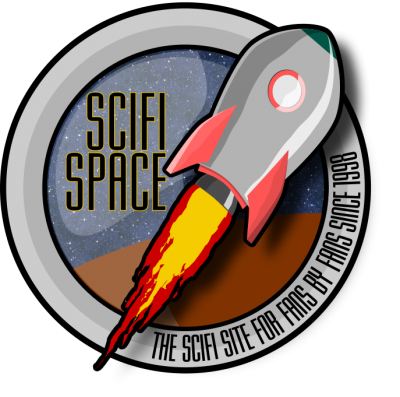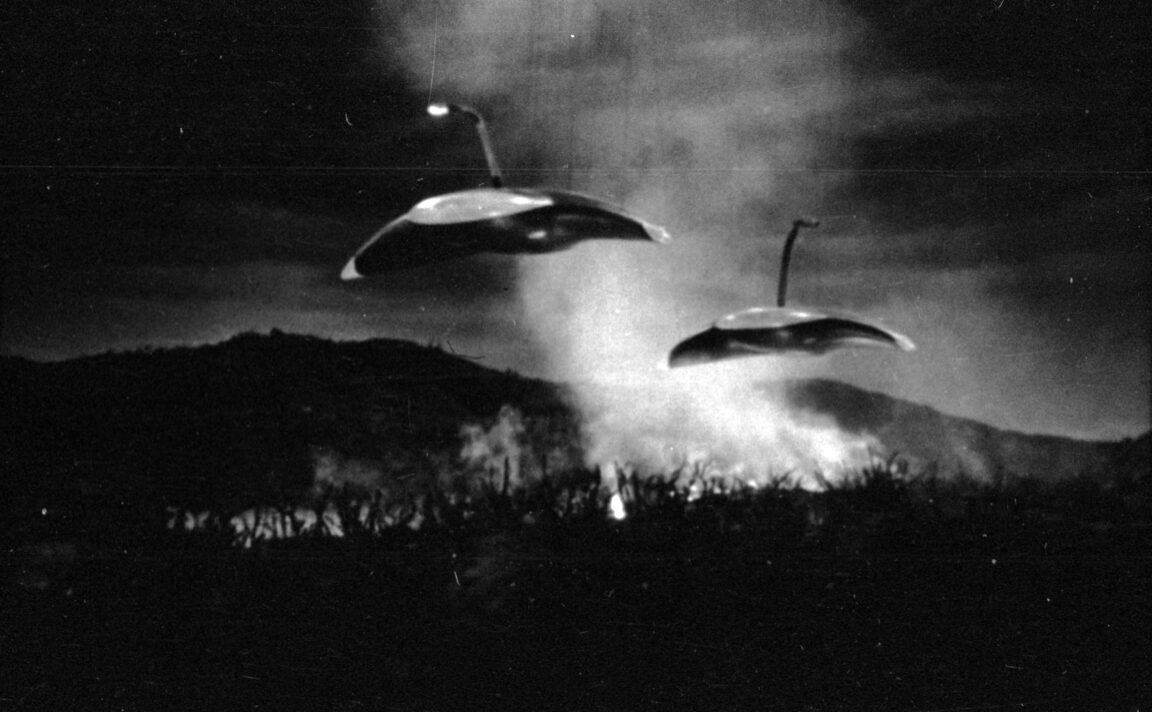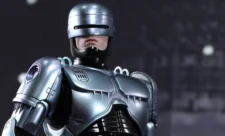Science fiction is a genre defined by speculative technology, futuristic settings, and imaginative narratives that explore the impact of science and innovation on society. It often includes elements like space exploration, alien encounters, dystopian futures, and advanced technology, creating stories that stretch beyond our current reality while examining philosophical, ethical, and social questions. The genre blends scientific theories with creative storytelling, inviting audiences to explore “what if” scenarios in ways that reflect both our hopes and fears about the future.
Science Fiction Definition and Origins
Science fiction (often abbreviated as sci-fi) is a literary and cinematic genre that explores speculative ideas, futuristic concepts, and the impact of technology on society. This genre can encompass everything from space exploration, time travel, and advanced technology to dystopian futures and encounters with extraterrestrial life. The definition of science fiction typically revolves around the interaction between science, innovation, and human nature. It’s a space where scientific theories and imaginative storytelling collide, offering a vision of what might be possible if certain conditions or advancements came to pass.
The origins of science fiction can be traced back to the works of authors like Jules Verne and H.G. Wells, who pioneered the concept of exploring scientific possibilities and their consequences. Verne’s 20,000 Leagues Under the Sea and Wells’ The Time Machine are prime examples of early science fiction that paved the way for the genre’s growth. These foundational works helped establish core sci-fi themes such as the exploration of the unknown, the ethical implications of technology, and humanity’s place in the universe.
Key Elements of Science Fiction
1. Speculative Technology and Science
A defining characteristic of science fiction is its focus on speculative technology. Think about long-tail keywords like “future technology predictions” and “futuristic inventions in sci-fi”. Sci-fi often presents cutting-edge advancements that don’t yet exist, like faster-than-light space travel, artificial intelligence, or complex virtual reality systems. These elements serve as tools to explore larger questions about humanity’s relationship with innovation. From cyborgs to cloning, science fiction raises ethical questions and potential scenarios that are both awe-inspiring and cautionary.
2. Space Exploration and Alien Life
Space and alien themes are quintessential in defining what science fiction is about. Stories often deal with long-tail ideas like “first contact with extraterrestrials” or “space colonization science fiction narratives”. Space exploration narratives—like Star Trek or The Martian—delve into the unknown, where humanity grapples with both the vastness of the cosmos and their own vulnerabilities. Sci-fi brings alien encounters to the forefront, prompting questions about what it means to be human when faced with beings from other worlds.
3. Future Societal Structures and Dystopias
Another defining element is the exploration of future societies, particularly dystopian or utopian scenarios. Keywords such as “dystopian future predictions” and “utopian society science fiction” illustrate how sci-fi serves as a lens through which we view our own social structures. Dystopian tales like 1984 or The Hunger Games take current societal issues—totalitarianism, surveillance, social inequality—and project them into the future. This allows the audience to examine the potential repercussions of political, social, or environmental paths we might take.
4. The Role of Science Fiction in Philosophical Exploration
Science fiction also delves into philosophical questions, such as the nature of consciousness, identity, and morality. Works like Philip K. Dick’s Do Androids Dream of Electric Sheep? (the inspiration for Blade Runner) explore artificial intelligence and what it means to be “alive.” Sci-fi is rich in philosophical musings, raising questions such as, “What is the role of humanity in a universe full of sentient beings?” and “How far should we go in our pursuit of knowledge?”
Genres and Subgenres of Science Fiction
The broad umbrella of science fiction includes a variety of subgenres, each defined by distinct themes:
- Hard Science Fiction: This subgenre emphasizes scientific accuracy and technical detail. Hard sci-fi aims to ground its storytelling in realistic science, often diving into astrophysics or biology to make its imagined scenarios plausible. Examples include works by Arthur C. Clarke and Isaac Asimov, where the focus on long-tail keywords like “scientific realism in science fiction” helps differentiate it from other subgenres.
- Soft Science Fiction: Unlike hard sci-fi, soft science fiction is more concerned with social sciences, such as psychology and sociology. It might explore societal changes resulting from technological advances rather than delving deeply into the mechanics behind the technology itself. A good example is Ray Bradbury’s Fahrenheit 451, where technology’s impact on society takes center stage.
- Cyberpunk: Cyberpunk is defined by the intersection of advanced technology and societal decay, usually in urban settings. Popular works like Neuromancer by William Gibson or the movie Blade Runner explore themes like corporate power, virtual realities, and transhumanism. Keywords here include “cyberpunk future society” and “high tech low life,” capturing the essence of these often dark, technology-driven worlds.
- Space Opera: Space opera is a subgenre that is dramatic, vast in scope, and often features intergalactic wars, like Star Wars or Dune. Long-tail keywords such as “epic space adventure sci-fi” and “interstellar war narratives” highlight the grandeur and adventurous spirit of space operas.
- Post-Apocalyptic Science Fiction: Post-apocalyptic stories imagine life after a major catastrophe, whether it’s environmental, nuclear, or biological. These narratives, such as The Road by Cormac McCarthy, focus on survival in a broken world. Keywords like “post-apocalyptic survival fiction” and “science fiction apocalypse scenarios” convey the essence of these tales.
Science Fiction’s Influence on Popular Culture
Science fiction has a significant influence on popular culture. It provides a unique way of reflecting on contemporary issues and projecting possible futures, making it a genre that remains highly relevant in the changing world. Think of how films like The Matrix have brought cyberpunk themes into mainstream culture or how Star Trek has inspired technological innovation, from smartphones to virtual assistants. SEO-rich keywords like “science fiction impact on modern technology” or “sci-fi inspiration in real-world inventions” are essential to understanding the scope of sci-fi’s cultural footprint.
Moreover, science fiction isn’t limited to books and movies—it has found a place in video games, television, and even the music industry. Shows like Black Mirror take a near-future, speculative approach to technology, exploring the dark consequences of our dependency on modern gadgets. Video games like Mass Effect immerse players in detailed sci-fi universes, allowing them to explore alien cultures and moral quandaries at their own pace.
Why Science Fiction Matters Today
Science fiction is not just about robots, space battles, and time machines. At its core, sci-fi is a powerful tool for exploring complex themes about humanity’s future. It challenges readers and viewers to confront the ethical, social, and philosophical implications of scientific progress. Keywords like “ethical dilemmas in science fiction” and “impact of future technologies in sci-fi” speak to the genre’s deep connection to human concerns.
Science fiction also provides a hopeful outlook, suggesting that even in the face of alien invasions, dystopian governments, or technological singularity, human resilience prevails. Stories often end with messages about unity, adaptability, and hope for a better future.
Conclusion: The Ever-Evolving Definition of Science Fiction
The definition of science fiction is dynamic and constantly evolving, encompassing everything from tales of distant galaxies and artificial beings to thoughtful reflections on society’s technological advances. What defines science fiction is its willingness to speculate on the future, to push the boundaries of the possible, and to challenge audiences to think deeply about where we are headed.
Whether you’re drawn to the meticulous scientific realism of hard sci-fi, the philosophical inquiries of soft sci-fi, or the high-stakes adventure of space operas, science fiction offers something for everyone. It’s a genre that grows and changes as our understanding of the universe expands, always keeping one eye on the stars and the other on the human spirit.
MEET THE AUTHOR
Lori has been a science-fiction fan since the age of 12. She is owner of Scifispace.com as well as CosplayCostumeCloset.com and created/chaired Tachycon, science fiction convention, for 13 years. She is a gamer and artist, jewelry maker, 3d printer, and overall geek.





